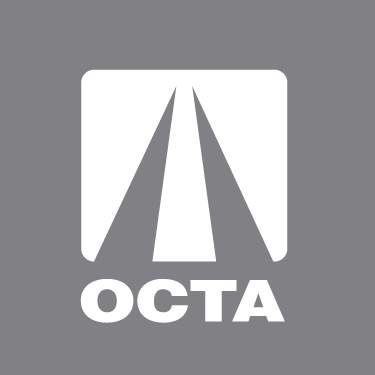
ORANGE – The Orange County Transportation Authority Board of Directors this week approved recommending the use of more than $6 million in state cap-and-trade funding to support initiatives that will encourage more people to ride OC Bus – as the effects of the coronavirus (COVID-19) recede – and will help provide cleaner air through zero-emission bus technology.
The board recommended a plan to allocate $6.35 million from the state’s Low Carbon Transit Operations Program (LCTOP), part of California’s effort to reduce greenhouse gas emissions.
“While OCTA’s primary focus is to keep Orange County moving, we also want to make sure that we’re doing everything we can to protect our environment,” said OCTA Chairman Andrew Do, also the county’s First District Supervisor. “We are excited to work with the state to continue testing the cleanest bus technologies, and to encourage more people to ride the bus as we reopen our economy and restore bus service.”
Funding recommendations include:
• $3.7 million for a “Welcome Back” fare reduction program for OC Bus riders. The fare reduction, to be implemented later this year, will encourage riders to return to OC Bus after ridership dipped sharply during the height of the COVID-19 public health crisis. OCTA reduced bus service and is gradually adding service back, as needed, keeping the health and safety of passengers and employees as the top priority.
• $716,000 for the College Pass Program. The program, which began at Santa Ana College in 2017, and has since expanded to several community colleges, including Fullerton, Cypress, Saddleback, Santiago Canyon and Golden West. The program allows community college students to pay a small fee with their tuition to ride OC Bus free for the semester, allowing them better access to education.
• $1.9 million for the 10 Battery-Electric Bus Pilot Program. The funds will help pay for infrastructure upgrades to the bus bases and charging stations. OCTA is currently testing 10 hydrogen fuel-cell electric buses and will soon begin a test of 10 battery electric buses to determine which technology – or combination of technologies – works best on Orange County streets.
“We are thankful for the state’s strong partnership, which is invaluable in continuing to promote the importance of public transit and in ensuring that Orange County moves forward with the best zero-emission bus technology that will keep OC Bus service both efficient and reliable,” said OCTA CEO Darrell E. Johnson.
Previously, LCTOP funding has helped purchase buses, allowed for more efficient commuter rail operations and added bicycle racks on buses.
The current funding recommendations will be submitted to Caltrans and the California Air Resources Board for consideration by the end of June.
For more information on OCTA programs, please visit www.octa.net.
About OCTA: The Orange County Transportation Authority is the county transportation planning commission, responsible for funding and implementing transit and capital projects for a balanced and sustainable transportation system that reflects the diverse travel needs of the county’s 34 cities and 3.2 million residents. With the mission of keeping Orange County moving, this includes freeways and express lanes, bus and rail transit, rideshare, commuter rail and active transportation.

